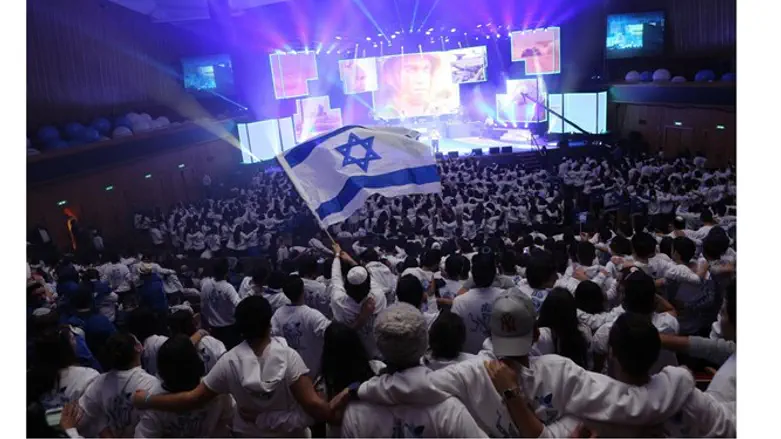
Over the last few weeks, a storm from the west, the US, has blown across the Atlantic aimed at part of the Religious Zionist establishment here in the east, Israel.
In summary, 9 US rabbis addressed a letter to Rabbi Drukman, head of the Yeshivot Bnei Akiva and Ulpanot, regarding his handling of Moti Elon, a former teacher in the system and accused sexual molester of several teens and young men. These nine RCA rabbis made several demands of Rav Druckman, which were not met to their satisfaction. As a result, an op-ed regarding the issue was published in the Jerusalem Post and articles for and against the publication of the op-ed were posted on Arutz Sheva.
In the articles, the Takana Forum is referenced. This is an organization of 23 Religious Zionist individuals. men and women, headed by Rav Ariel, venerable leading rabbi of the Religious Zionist movement. Takana was formed to address issues of sexual abuse by setting up parameters for identifying and apprehending predators while also establishing programs to educate staff and students.
Interestingly enough, of the twenty three members of the Takana Forum, only one member, a woman, was publicly critical of Rav Druckman. Rav Ariel, head of the Takana Forum was satisfied with Rav Druckman's response and issued no public condemnation in his own name or that of his organization.
It is understood that the American rabbis are deeply concerned about the danger of molestation of American and Israeli students in the Religious Zionist Yeshivot, a concern that should be taken seriously for all students in the Yeshivot and Ulpanot, American, Israeli or whatever the country of origin of the students. All these students are children of our people and even one event of molestation is without question, one too many.
My purpose in responding is not to continue a battle, to establish who is right, who is wrong on the issue of going public with an op-ed against Rabbi Drukman. It is important to see the situation in perspective. As an American on Aliyah for several years now and as a former mental health practitioner in the US, I can honestly say there is a gap between the American and Israeli awareness of the incidents, dangers and tools for coping with sexual abuse. Americans are more open, more advanced and have been grappling with these issues publicly far longer than here in much more conservative Israel.
Those of us with American backgrounds can recall this was not always the case. Think back to the tragic days of Baruch Lanner, an NCSY leader who molested hundreds of children and teens while the cries of the victims were ignored or worse, discredited. This could not possibly be excused or condoned in American Religious Zionist circles today. Nor can it possibly be denied here in Israel but the means of dealing with the problem are still quieter and less public.
Perhaps we can all turn our energies towards the positive and away from letters and articles and newspaper posts. Having attended conferences in Jerusalem, it seems to me that conciousness raising is done in the Israeli school system with emphasis on the elementary school population.
This is not sufficient.
I agree completely with the rabbis of the RCA's suggestion that all teens and young people in the Religious Zionist school system and indeed all the Israeli school systems, should benefit from educational programs including workshops, rap sessions, interactive presentations. All teens and young adults are potential victims.
It is not sufficient to talk to staff, rabbis, mental health professionals, physicians, counselors, family members or any person of power, authority or influence who comes in close proximity of young adults. Often predators are among this population. Predators seek out their prey. They identify the compliant, the passive, the least likely to object. Victims are sadly very unaware of how to handle themselves; though uncomfortable, victims freeze or go silent. It is the very few and exceptional who bolt.
Perhaps if the RCA could provide support and take the initiative in making possible the development of the necessary programs to address the challenges teens and young adults face as potential victims both in the US and in Israel. We cannot eliminate the mental illness and the abhorrent behavior of adults who would so destructively attack children but we can provide our children, our teens and our young adults with tools and strategies to prevent victimization from ever happening again. Even one victim is one too many.
May Hashem guide us all in resolving this controversy in peace, in harmony and to the betterment of our children, teens and young adults.